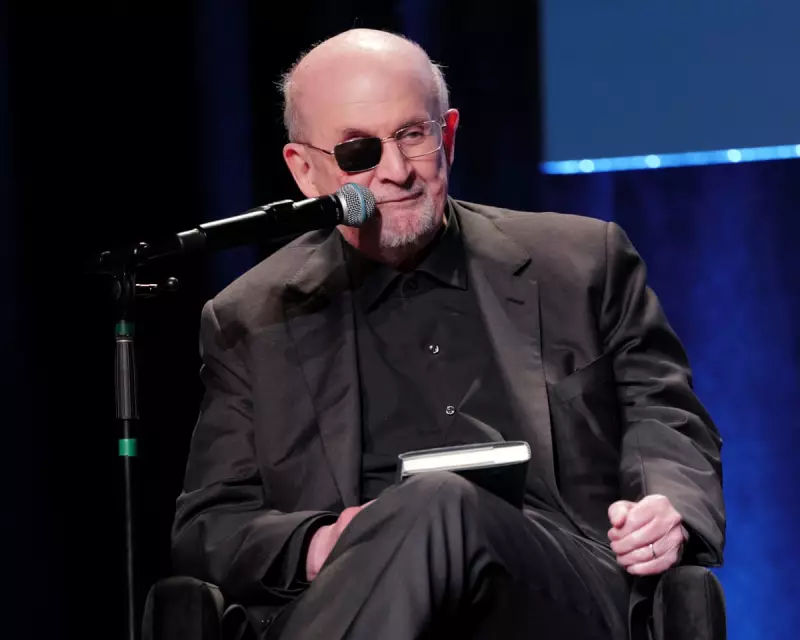
In a deeply personal and revealing interview, celebrated author Sir Salman Rushdie has spoken candidly about the enduring psychological scars left by the brutal stabbing attack that nearly claimed his life in August 2022.
The 77-year-old literary icon, known for masterpieces including Midnight's Children and The Satanic Verses, described experiencing persistent symptoms of post-traumatic stress disorder that continue to affect his daily life more than two years after the horrific incident.
The Chautauqua Attack: A Life-Altering Moment
Rushdie was preparing to deliver a lecture at the Chautauqua Institution in New York state when a assailant rushed the stage and stabbed him multiple times. The attack left the author with severe injuries, including damage to his eye, hand, and liver, requiring extensive hospital treatment and rehabilitation.
"The psychological impact has been profound," Rushdie disclosed, explaining that certain sounds, sudden movements, or crowded spaces can trigger intense anxiety and flashbacks to the traumatic event.
Navigating the Road to Recovery
The Booker Prize winner's physical recovery has been challenging, but he emphasizes that the mental and emotional healing has proven even more complex. He has been working with trauma specialists and employing various therapeutic techniques to manage his PTSD symptoms.
Despite these ongoing challenges, Rushdie has demonstrated remarkable resilience, returning to public life and continuing his literary work. His latest novel, Knife: Meditations After an Attempted Murder, directly addresses the attack and its aftermath, serving as both creative expression and personal catharsis.
A Writer's Resolve
What emerges most powerfully from Rushdie's testimony is his unwavering commitment to freedom of expression and refusal to be silenced by violence. "The pen remains mightier than the sword," he asserted, echoing the sentiment that has defined his career since the fatwa issued against him in 1989.
His openness about struggling with PTSD helps destigmatise mental health challenges faced by trauma survivors, while his continued literary output stands as a testament to creative courage in the face of adversity.





